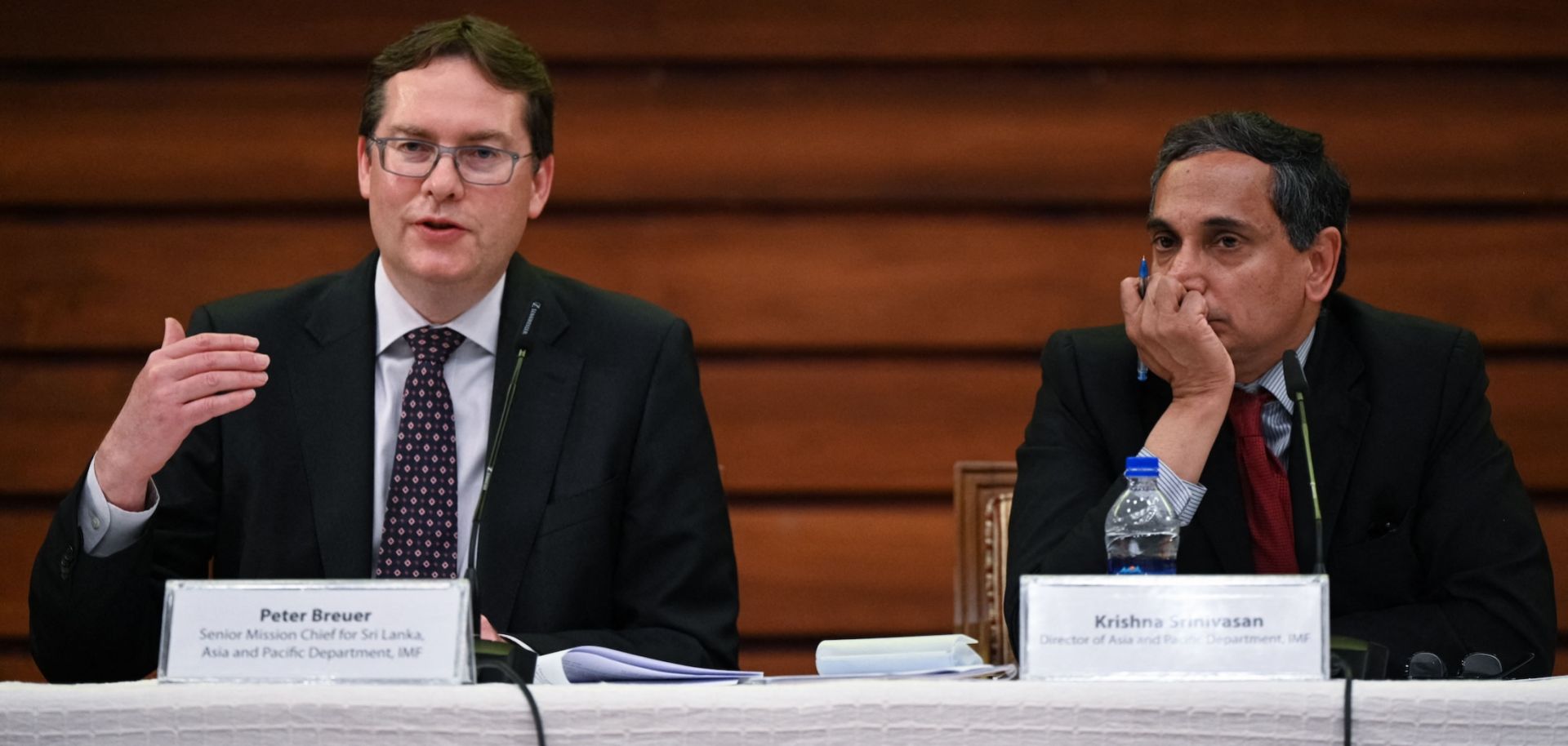In the short term, Sri Lanka's government will likely prioritize strong tax collection and sustain raised interest rates to inspire creditor confidence and adhere to IMF-recommended reforms; but in the long term, stalled debt negotiations may lead to delays in restructuring, potentially impacting future IMF disbursements and hindering economic recovery efforts. On April 16, Sri Lanka announced it had failed to reach an agreement with the country's bondholders regarding the restructuring of approximately $12 billion in debt. The announcement followed a meeting between Sri Lanka's finance ministry and members of the Steering Committee and the Ad Hoc Group of Bondholders, which comprises some of the largest private holders of the South Asian country's debt. Despite reportedly having constructive discussions, the finance ministry said the two sides failed to reach an agreement due to disputes over the bondholders' proposal for debt repayment, which government negotiators said differed from the IMF's analysis...

